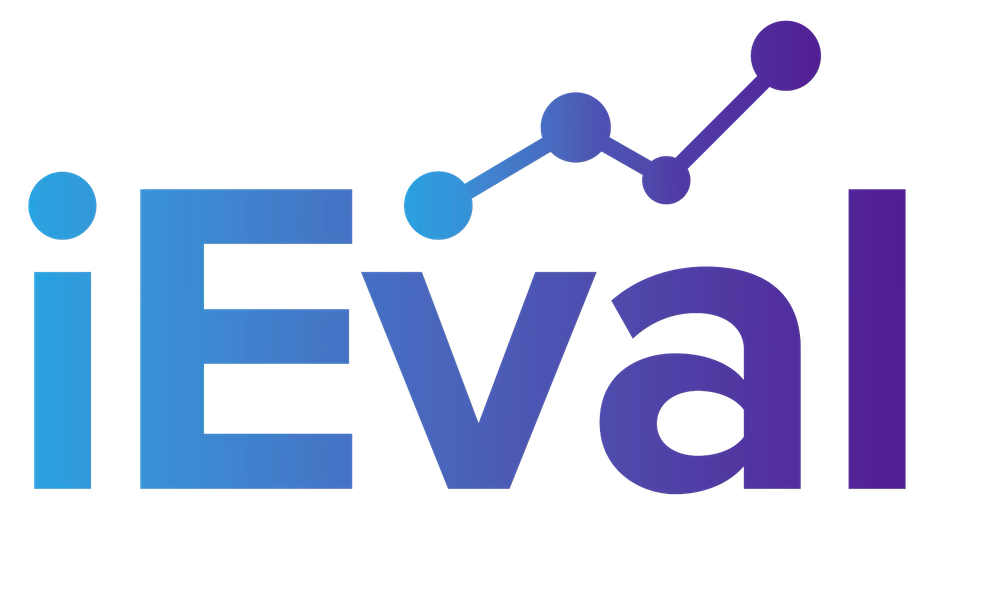My name is Kelley Pasatta. Wendy and I grew up on the same block and our parents are even old friends! Five years ago we discovered we both worked as evaluators and have consulted on evaluation projects together ever since. My path towards a career in evaluation started when I graduated from University of Michigan and landed my first job as a high school English teacher. I was a “rookie” teacher with more enthusiasm than my two year old on an ice cream sugar high – I wanted to give my students every opportunity, but their needs extended beyond what I could do from dissecting Romeo and Juliet and teaching how to write a research paper. I was discouraged by my inability to make system change from my classroom. I wanted to figure out how to make the education experiences of my students better. These issues kept me up at night, and, eventually, moved me to take my career from the classroom to policy and evaluation work.
I attended the Harvard Graduate School of Education where I earned my master’s in Education, Planning, and Social Policy. This experience was unlike any I have ever had – I was surrounded and engrossed in a community of learners whose sole purpose was to improve the lives of children. It was an empowering step in my professional journey. After graduate school I had the opportunity to work in a variety of settings conducting research and evaluation, primarily on topics related to education. While I worked my way through “grunt work” (e.g., data crunching and putting paper surveys together for mailings), I began to see the fruits of my labor through valuable reporting back to clients, and in-turn impacting teaching, learning, and programs. In particular, my interests and evaluation projects have focused on small-school movements, No Child Left Behind and other Title I programs, after school programming, early childhood programs, and nonprofit programs for children.
Through my work with iEval, I focus on working with clients to make good decisions about their programs based on a balance of qualitative and quantitative data. I hope to share my experiences with you through this blog, as well as engage in a dialogue that allows you to teach me!
USEFUL TIP: If you are starting your career in research or evaluation, do not get discouraged by the monotony that comes along with data cleaning, coding, and other rote tasks. While these tasks can be tedious, it is important to understand the behind the scenes work that needs to get done before the fun work of playing with the data, writing reports, and meeting with clients. After graduate school, I thought I would die if I had to spend 8 more hours in a cube making table shells and reading data printouts to fill them in. However, most of my opportunities have stemmed from the relationships and skills I learned at that job, so I am so thankful I was patient with the process.

